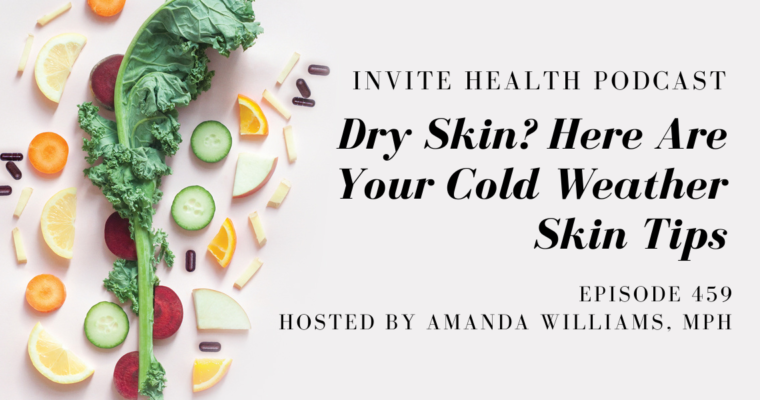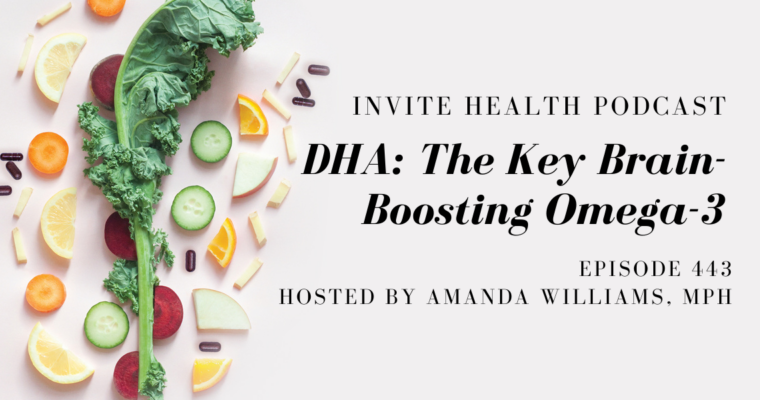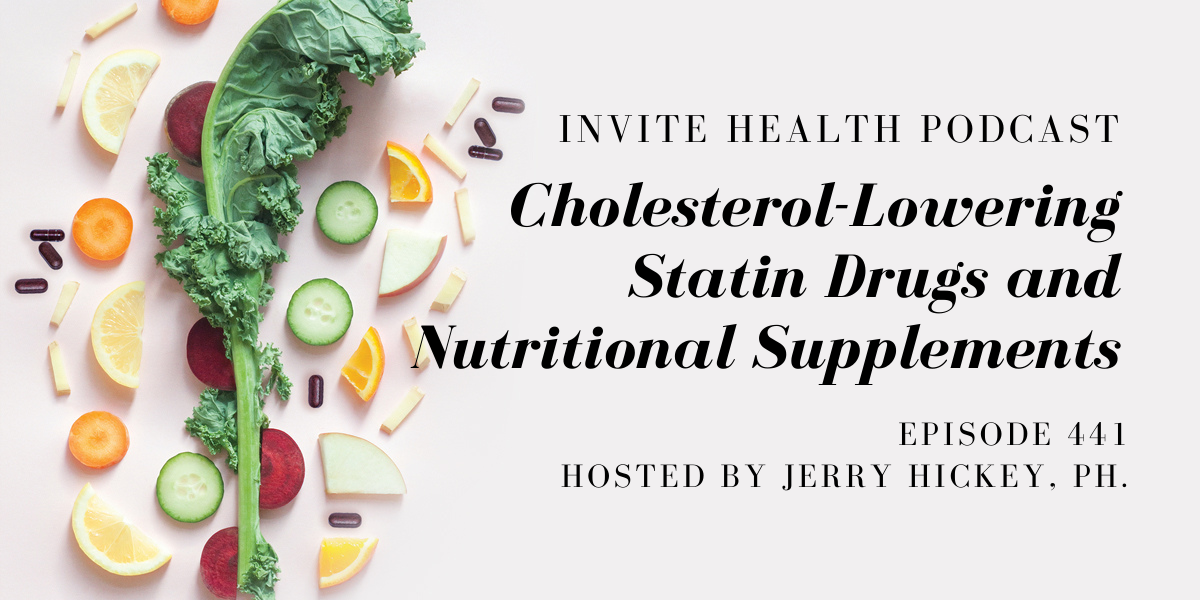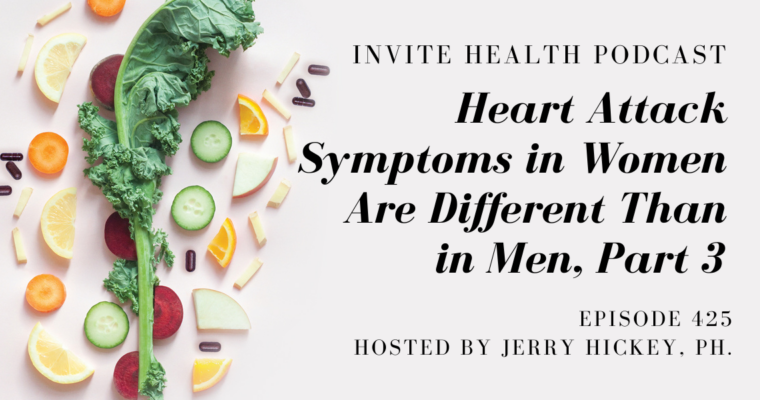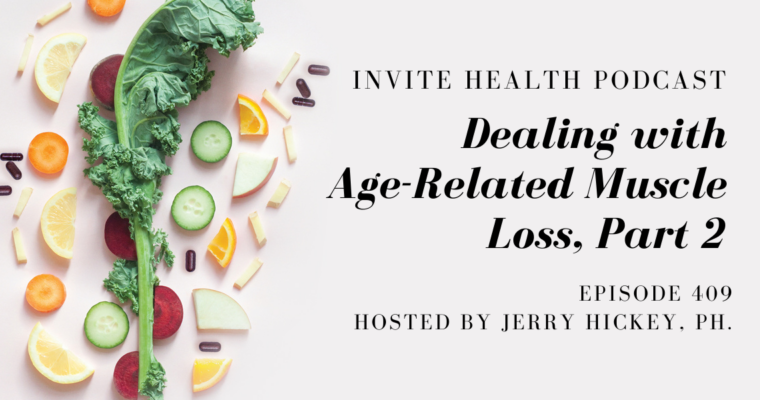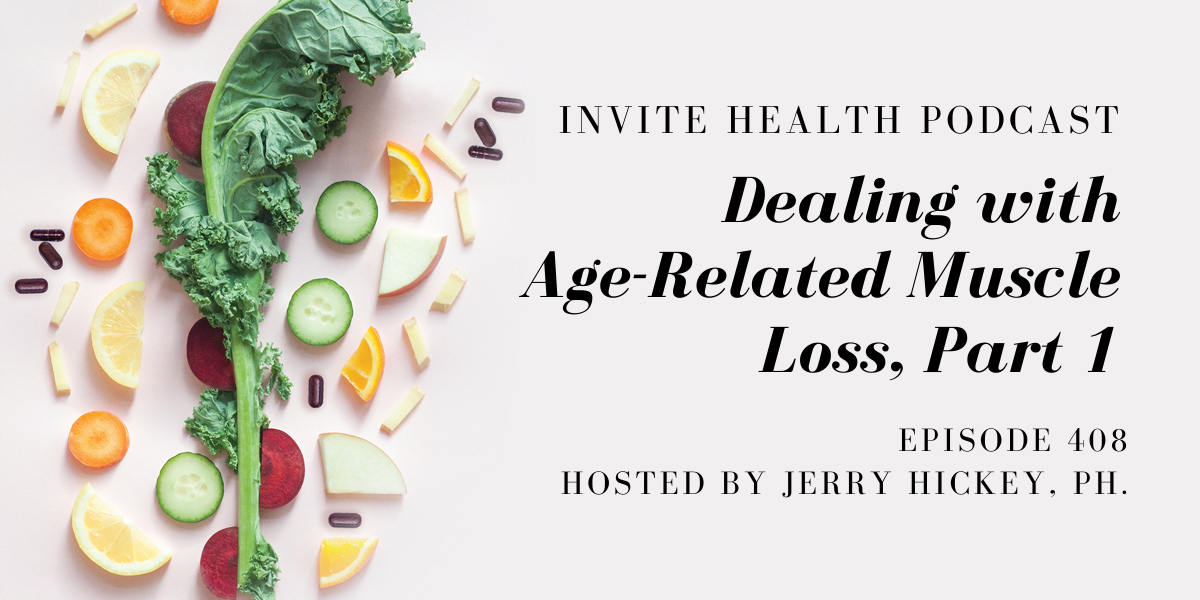statin drugs
InViteⓇ Health Podcast, Episode hosted by Jerry Hickey, Ph.
Subscribe Today!
Clogged arteries in the heart are very dangerous. It’s called coronary heart disease and it’s a really scary condition. They give statin drugs in an attempt to prevent this and it is helpful.†
What are statin drugs?
Statin drugs are cholesterol-lowering therapy. They’re used in patients with a history of heart disease, but they’re also used in people with clean arteries to help prevent it. When you lower a type of cholesterol called LDL, there’s a relationship to not building up plaque in the arteries. This plaque leads to horrible things like strokes and heart attacks.†
ARE TRIGLYCERIDES AS DANGEROUS AS CHOLESTEROL? PART 1 – INVITE HEALTH PODCAST, EPISODE 400. Listen Now>>
What exactly is the plaque and what is it doing? It’s thickening and stiffening the blood vessels in the heart. It is made out of cholesterol, mostly LDL. Arteries are bigger blood vessels that take the oxygen-rich blood from the lungs and the heart and deliver it all over the body. This allows oxygen to reach the brain, muscles, organs and tissues. Even though the heart is pumping blood, it also needs its own blood supply. The heart also has its own arteries that are actually smaller and like veins. When they get thickened and stiffened with deposits of cholesterol, it’s very dangerous. This is where statin drugs come to the rescue, to a certain degree.†

How statins impact the body
The problem with statin drugs is that they tend to interfere with a number of really important nutritional supplements. Most of the symptoms of problems with using a statin are related to the lowering level of important nutrients.†
One thing that happens with statin drugs, and it’s dose-dependent, is problems with your mitochondria. In other words, statins can short-circuit energy production. There are a number of studies showing that statins can lead to fatigue, muscle cramps and a drop in endurance and stamina. One reason why statins can affect your muscles and your nerves is if you lower your cholesterol too much. You need cholesterol for the health of your muscles and nerves.†
This also occurs because you are disrupting energy formation. It seems to block the ability to recycle energy. Every day, we recycle our energy in the form of adenosine triphosphate (ATP). It is recycled by something called creatine monohydrate, which is a very safe nutritional supplement that’s been used by bodybuilders and athletes for decades, as well as in patients with heart failure and for memory and brain energy in elderly people. Studies have shown that creatine also helps to make the body’s shuttle for energy function properly to allow for energy recycling. Statin drugs can inhibit an enzyme that prevents the body from recycling energy properly and this leads to muscle pain. I mix beta-hydroxy-beta methylbutyrate (HMB) with creatine and whey protein in elderly to help support muscle strength, balance, coordination and mobility.†
ATP: THE ENERGY ATM MACHINE OF THE BODY – INVITE HEALTH PODCAST, EPISODE 255. Listen Now>>
Vitamin D is also involved. There are a number of studies now that show if the Vitamin D in your blood is below 30, you have a much higher risk of having muscle pain and muscle inflammation when on a statin. If you’re using a statin or know someone who is, you want to get your Vitamin D levels above 30. This is also important for supporting your immune defenses and respiratory health.†
There is also evidence that statin drugs reduce the level of many nutrients in your body and that’s not a good thing. You don’t have to stop the statin, but you do have to replete the nutrients that you’re losing. For instance, statins deplete lutein, an orange-red pigment from vegetables that is needed for vision and memory. Statins also lower Vitamin K, which is needed for your heart health and bone strength, as well as ubiquinol, which is needed for the power of your heart and muscles and your energy in general. There is evidence that statins lower fish oils, so I tell people on statins to take Krill Oil.†
In this episode, Jerry Hickey, Ph. discusses statin drugs, a commonly-prescribed medication often used for heart health and cholesterol levels. He explains that while these drugs are important, they can also negatively impact other important nutrients in the body.†
Key Topics:
- What is cholesterol?
- Common side effects related to statins
- How the body recycles energy
Thank you for tuning in to the InViteⓇ Health Podcast. You can find all of our episodes for free wherever you listen to podcasts or by visiting www.invitehealth.com/podcast. Make sure you subscribe and leave us a review! Follow us on Facebook, Twitter and Instagram at InViteⓇ Health today. We’ll see you next time on another episode of the InViteⓇ Health Podcast.


